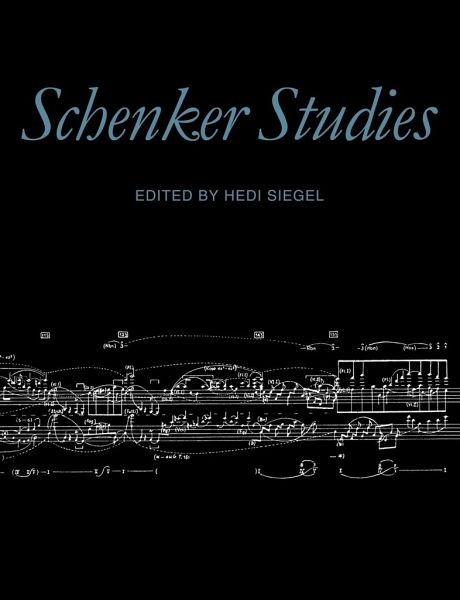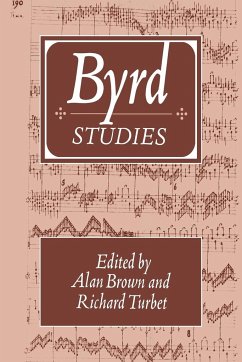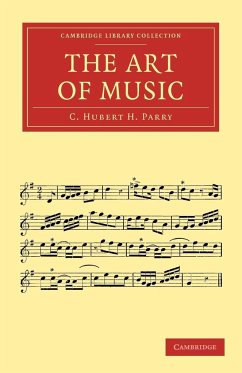
Schenker Studies
Versandkostenfrei!
Versandfertig in 1-2 Wochen
49,99 €
inkl. MwSt.

PAYBACK Punkte
25 °P sammeln!
The essays contained in this volume provide a focus on the work of the music theorist Heinrich Schenker - a figure of legendary status who has had an incalculable influence on developments in music theory and analysis in this century. His theories, not always fully understood, have aroused some controversy. The broad spectrum of essays presented here will help clarify Schenker's ideas and their application and will also serve as a useful introduction to his work for music theorists. The essays, written by fourteen leading theorists, originate in papers delivered at the Schenker Symposium held ...
The essays contained in this volume provide a focus on the work of the music theorist Heinrich Schenker - a figure of legendary status who has had an incalculable influence on developments in music theory and analysis in this century. His theories, not always fully understood, have aroused some controversy. The broad spectrum of essays presented here will help clarify Schenker's ideas and their application and will also serve as a useful introduction to his work for music theorists. The essays, written by fourteen leading theorists, originate in papers delivered at the Schenker Symposium held at The Mannes College of Music, New York in 1985.














